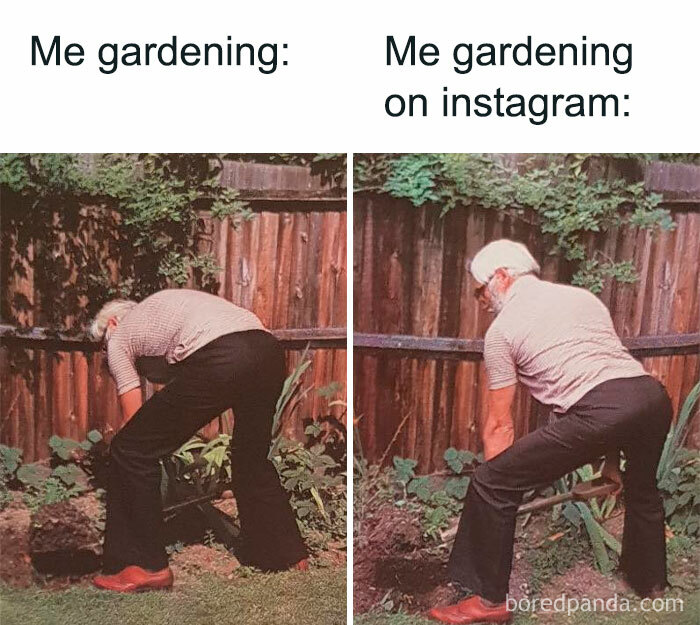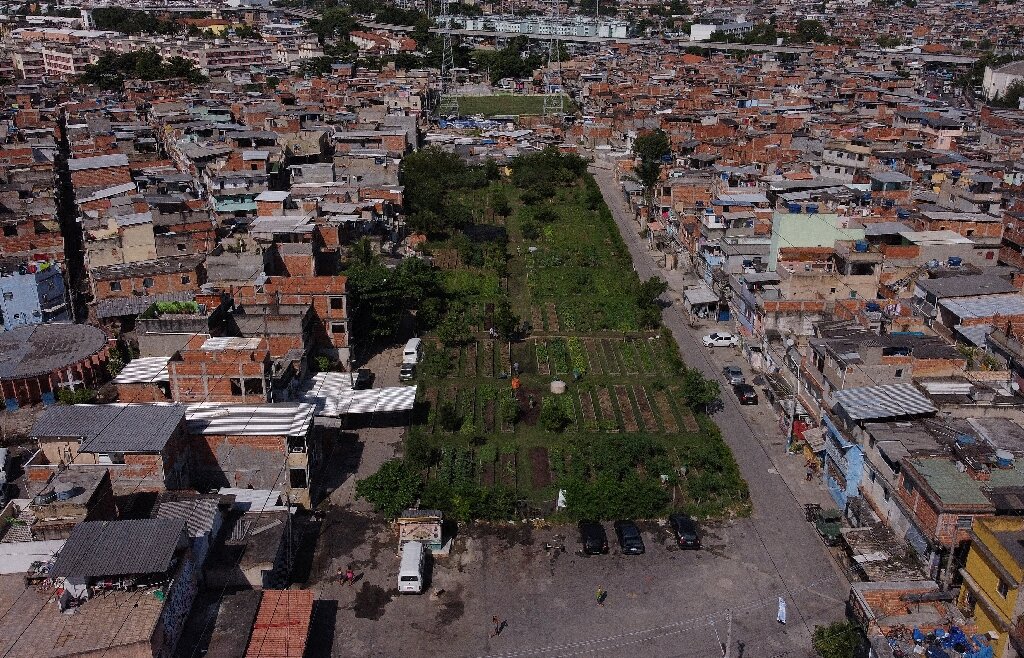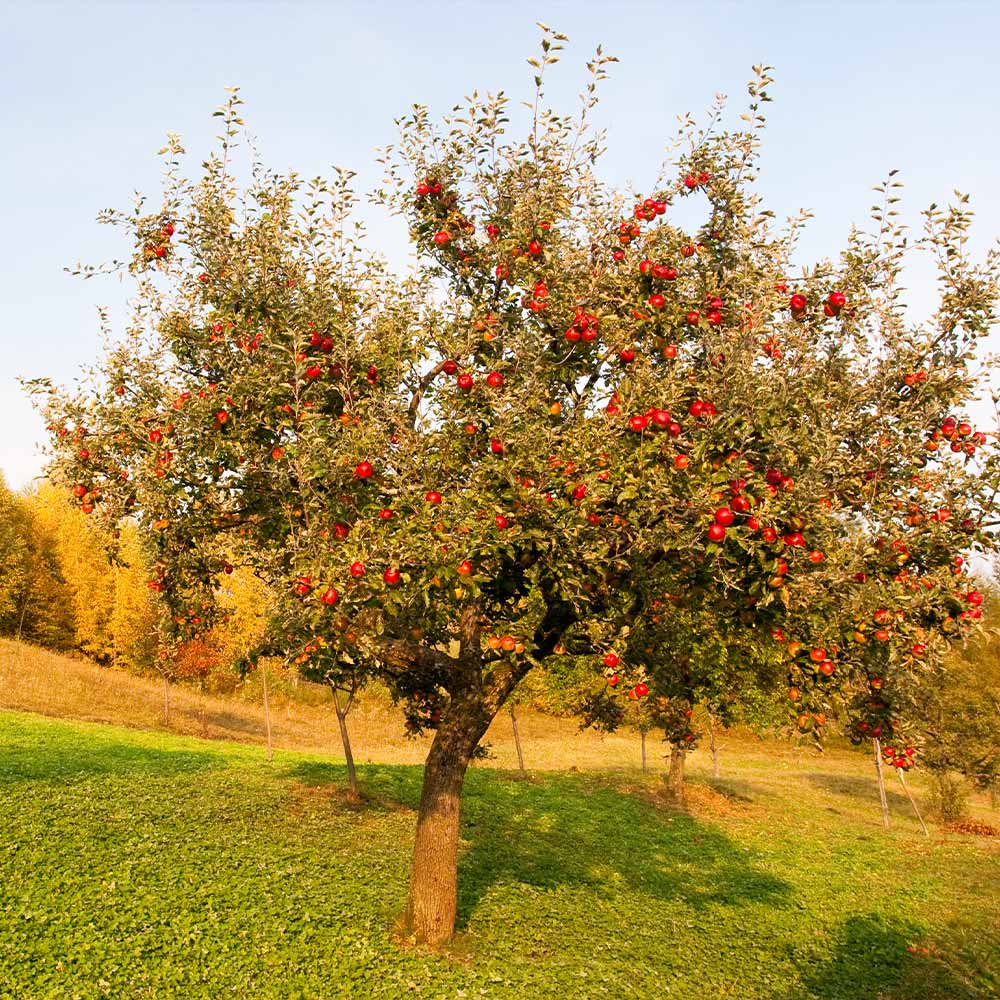Gardening
-
0 replies; created at 2025-06-17 21:20:02 by gnome in category growing

Fuck yeah, SolarChan is back!
Gardening
This thread is for everything gardening, from a window box up to an orchard.
We've taken over an old overgrown scrap of land, and we've got it mostly cleared.
Our stumbling block now is what to do with all the heaps of organic matter!We'd rather not burn it as we're near some residential gardens which we want to keep on-side.
Compost seems the way to go, but there's just so much of it and it's all woody, twiggy and dry!Anyone been in a similar situation or have any advice?
Urban Farming
-
5 replies; created at 2022-05-26 13:39:44 by NaNon in category growing

>Gun-toting youths watch over a street in a Rio de Janeiro slum hit hard by drug trafficking, but walk a bit further and this rough area also boasts the largest urban vegetable garden in Latin America.
>
>This success story is unfolding in a favela called Manguinhos in the north of Rio, and thrives as the rest of the country frets over rampant inflation and worries over Russian fertilizer, a major concern for Brazil's powerful agriculture sector.
>
>These days the garden feeds some 800 families a month with produce that is pesticide free and affordable, two features that do not always go hand in hand.
>
>This particular garden is the size of four football fields and every month it produces 2.5 tons of yuca, carrots, onions, cabbage and other vegetables.Anyone doing this?
-
created at 2022-07-21 17:06:09 by Anonymous
I like this thread. I've been reading about crispr. Coming into communication with the code that makes life seems really cool to me, and I think it could be a step toward permaculture and more difficult but more sustainable farming practices. But obviously it's also a tool for harmful GMO practices. What do you think of gene editing? Is it a healthy extension of normal breeding, cross pollination and etc techniques, or is it a pandora's box?
-
created at 2022-08-01 15:52:56 by Anonymous
Has anyone stratified seeds before? I tried it a few years back. It's really rewarding when little trees start sprouting, but sadly I neglected my little trees while in college and they all died. ;_; maybe I'll try again, but I hear fruit trees from seed actually dont work that well.
-
created at 2022-08-23 14:31:40 by Anonymous

IDK if it counts as urban farming, but there are a couple of apple trees in our garden.
The year we moved in they were overflowing with delicious, healthy apples, but I don't know how to look after them properly.
The last couple of years they've been rotting on the branch and getting eaten by worms.I pruned the trees in January and there are maybe more apples than previous years, but they're still not too healthy.
Anyone have any tips for looking after them, preferably avoiding toxic chemicals?
Latest replies: